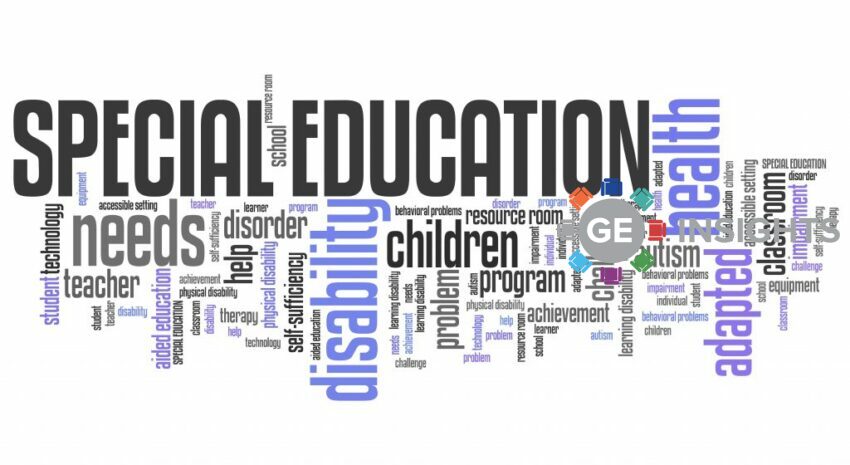Following the shocking events that inspired a resurgence in the Black Lives Matter movement last year, there have been concerted efforts to address racial inequality in our society. Given that we spend the majority of our lives in work, challenging racial discrimination in the workplace is an essential part of this movement.

We spoke with Sheldon Mills, Interim Executive Director of Strategy and Competition at the Financial Conduct Authority, and Chair of LGBT charity Stonewall, about the barriers we are yet to overcome and how the events of 2020 were emblematic of the struggles that black communities face both in and out of the workplace.
What barriers to racial equality are there in the world of work?
“The starting point in terms of barriers to racial equality in the workplace starts outside of your work organisation; such as imbalances in outcomes of education, healthcare, employability and progression.
So, sometimes when entering and progressing through the workplace, black, Asian and minority ethnic people are already facing certain structural imbalances. We must realise that people enter the workplace in different guises and in different ways, so having meaningful engagement with that is a really important starting point.
Once you go into the workplace, further barriers start to appear. To begin, there are fewer leaders in senior roles who look like me, as a black man, or like those who come from different ethnic backgrounds. It’s not that you need a perfect representation, as that’s likely to be mathematically impossible. However, you do need sufficient role models across different industries, and sufficient, visible representation so that when people enter a workplace, they can be confident that they will be treated in a way that meets their own characteristics and aspirations.
Often people describe issues around microaggressions, sometimes in the form of asking certain questions or responding to people in ways that are based upon perceptions around how they might behave or how they look. A common one I’ve known is asking to touch people’s hair or asking to understand people’s clothing because it’s different. These things can become intrusive and make it difficult for you to go about your day whilst feeling comfortable in your true self.
Ways to tackle that can be to celebrate difference and not look to monolithic cultures, monolithic ways of working or how people should show up to work. It’s really important for the workplace to recognise that, whether it be through acknowledging cultural celebrations and events or having networking groups. I think when people resist those types of events, we should also remember that there are standard events that have always been on the calendar, such as Easter, Christmas, the Harvest Festival. However, there are other cultural events that people from diverse backgrounds also celebrate. So, I think it’s important to also allow space for those in the workplace and emphasise that element of multi-culturalism.
The final thing is the issue surrounding promotion within the workplace and the inequalities that exist there. Support isn’t always there for minority ethnic talent, whether that’s in supporting those aspirations or providing mentorship that encourages them to progress. It’s often that companies say nice things about wanting to see more diversity across their ranks, but they aren’t willing to take the action to make it happen. I think it’s certainly time to move from nice words to action.”

What common mistakes do you think businesses make when seeking to address diversity and inclusion?
“A common mistake is thinking that it’s not a business problem. If you’re running a big tech company or are part of the police force – at the end of the day, in most of these industries the beating heart of your workforce is people. Ensuring that your people are confident and that, when they show up to work, they’re giving their best work and they’re able to freely do that is essential.
The focus on diversity and inclusion is often left to the HR department. Yes, they have the expertise and the knowledge of what can work well, but they can’t do very much unless it is considered and integrated into the business. It’s a critical business issue and I think it’s too often overlooked.
I think the other mistake I’ve come across is tokenism. It’s this mindset of ‘one is enough, we’ve got that one black CEO in the whole of the country on the FTSE 100, therefore we’re done’. It’s insulting to anyone who is black and in a leadership position, it’s insulting to anybody who’s black and joining an organization and coming through the ranks. It shouldn’t be about one, shiny person who looks successful and is your single diversity champion.
It’s that mistake of thinking that everything is equal because you see some people trickling through the top. It’s not. That doesn’t help with the people who are working throughout the rest of the organisation and may well be experiencing the same barriers of discrimination, whether that is indirect or as a result of culture.”
What do you think the next steps are for addressing racial inequality and how have the events of the last year made an impact on these conversations?
“In terms of my own personal reflection, the murder of George Floyd was emblematic of what black people felt about some of the systemic aspects of how we experience authority and those entrenched systems. So, the knee on the neck of George Floyd for me was really emblematic of black people’s experiences. I’m not sure everyone agrees with that, but I stand by my view as a black man having lived in this society for the past 44 years.
But, where do we move on from that? Well, I think what is a good thing coming from such an awful event is that we’ve seen the emergence of a genuine conversation.
If we move this into the workplace, you really have seen multiple organisations looking at a range of things. You’ve seen them actually looking at their participation in racist activities, such as the slave trade and going through their history of involvement in the financing of that trade.
I think being open and transparent about that with various communities is part of healing. One of the things that we’re seeking to do is heal societal wounds and societal trauma. This helps in the workplace because it is all always about having those conflictual and difficult conversations, finding space where we can work together and understand differences.
It has helped us amplify our voice. We have been able to talk about our own experience in society, as we’re discussing here in the workplace, in ways that I don’t think we’ve really shared before.
I also think that’s having a meaningful impact so that others can understand how it feels. It is a notion that is recurring when asking questions like this, it’s that when people find a voice and people outside of the workplace are starting to have these conversations that are normally very difficult, it is then easier to do so in environments like the workplace.
Resources:
You can access all of the Stonewall Workplace Best practice, Toolkits and Resources here
Sources:
[1] Interview with Sheldon Mills, Interim Executive Director of Strategy and Competition, Financial Conduct Authority, 14/10/20
Register FREE to access 2 more articles
We hope you’ve enjoyed your first article on GE Insights. To access 2 more articles for free, register now to join the Government Events community.
(Use discount code CPWR50)




